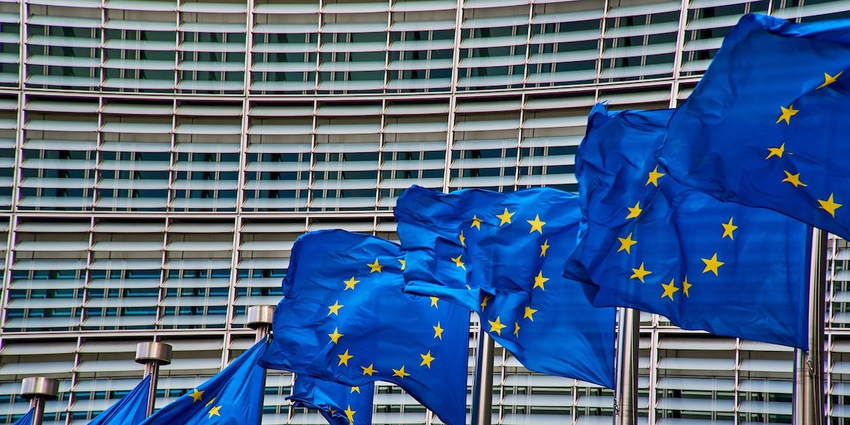When it comes to resolving European banks operating cross-borders, national interests often oppose a solution that would be socially optimal from a European perspective. The Single Resolution Board (SRB), which is responsible for resolution, should therefore get more powers, following the example of the European Commission as an antitrust authority, argue academics at the Leibniz Institute for Financial Research SAFE in a recent SAFE Working Paper. Both the internal decision-making procedure at the SRB and the interplay of the SRB with national resolution authorities (NRAs) implementing supranational resolution schemes allow for enforcement of national interests.
Individual countries can influence European bank resolution primarily through the SRB's internal decision-making process on critical matters: Decisions on resolutions of larger banks requiring significant contributions from the Single Resolution Fund (SRF) are met in the plenary sessions which is comprised of five full-time members of the SRB and, additionally, the representatives of 19 NRAs. This can lead to the overweight of allying states in the collective voting process.
Improving conflict management
"We, therefore, advocate for more supranationalization in the entire decision-making procedure of the SRB, similar to the EU Commission in competition matters," says Tobias Tröger, director of SAFE's Law & Finance cluster. "Conflicts between national and supranational interests could be resolved much better because a European resolution authority, as an autonomous body, would no longer have to take national resolution authorities into account in its work."
As in the sense of a completed European banking union, the final decision-making power regarding crisis management and deposit insurance is transferred to the next higher level. Issues of resolution financing and implementation could also be organized centrally at the European level. "The representatives of the national competent authorities should be prevented from taking the final decision-making power in the plenary meetings of the SRB," Tröger continues.
The Banking Union aims to create and enforce a uniform legal framework for the European markets. The SRB is part of the Single Resolution Mechanism (SRM) which is the second pillar of the Banking Union alongside the Single Supervisory Mechanism (SSM). The SRM governs the orderly resolution or restructuring of failing banks in the euro area. The resolution is generally entrusted to the SRB, which can, however, return the responsibility to the member states which happened frequently in the past. In particular, the SRB has avoided proceedings in which member states preferred a national bank bailout with state funds to a European resolution with hard loss sharing by bank creditors ("bail-in").
Download SAFE Working Paper No. 340
Scientific Contact


